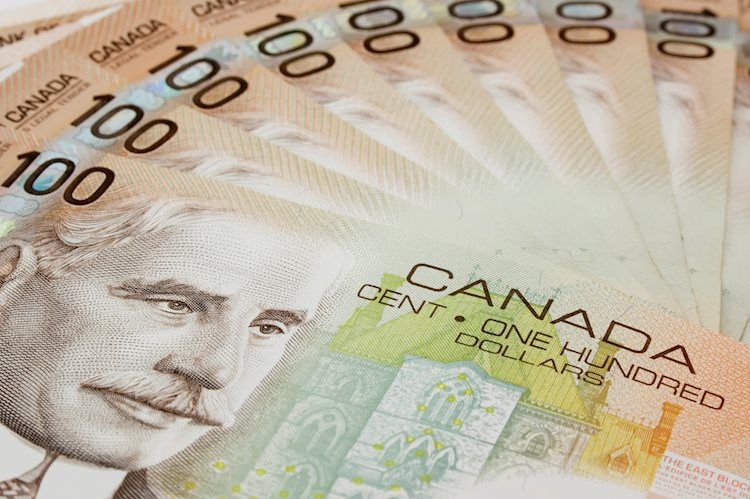Energy Minister Robert Habeck recently announced big things, namely that Germany will import only 12% of its crude oil from Russia, Welt reports.
In fact, the most recent figure was almost 28% – a huge discrepancy.
Robert Habeck had sounded decidedly optimistic at the end of April: Germany was already prepared for the interruption of Russian crude oil deliveries, the Federal Economy and Energy Minister (Greens) said at the time after a meeting with his Polish counterpart Anna Moskwa in Warsaw. “Today I can say that an embargo has become manageable for Germany,” Hambeck announced. Because the share of Russian oil in the country’s total crude oil imports is now only twelve percent.
Habeck promised a lot. In May, the latest period for which data is available, Russian imports accounted for 27.8% of all crude oil imported by Germany. This was stated by the Ministry of Economy in its response to a question from CDU vice-president Jens Spahn, which was made available in advance to Welt am Sonntag.
According to the report, Germany has reduced its share of imports of the raw material since March – from almost 37% then – but by much less than Hambeck had announced in April. In the opinion of CDU energy expert Spahn, the figures announced now show that dependence on Russia has only slightly decreased. “The reduction in dependence on crude oil to twelve percent that Economy Minister Habeck announced weeks ago was apparently more of a spur-of-the-moment estimate.”
Ministry: Importers stated otherwise
When asked by the present editorial team how the discrepancy between Habeck’s announcement of 12% and the actual import quota can be explained, the ministry replied: the oil importing companies had said at the time that they could escape from the contracts with Russia – so that in the event of an immediate embargo or interruption of supplies from Russia, they would be able to buy oil from other countries.
In April, the Economy Ministry also announced that Germany should be independent of Russian oil imports by the end of this year. When asked by this newspaper whether this target can be achieved in view of the still high import quota from May, the ministry said: This plan is still valid.
PCK’s refinery in Schwedt, Oder, plays a central role in its implementation. Hambeck had said in April that Russian oil was currently being delivered only to this refinery in Brandenburg and that the government was urgently looking for an alternative. This was a “task for the next few days”. Schwedt is connected by pipeline from Russia and controlled by the Russian company Rosneft.
In Schwedt, meanwhile, there are concerns about the closure of the refinery there and job losses. Several hundred citizens and refinery workers demonstrated there Wednesday night to preserve the site. Habeck appeared there – to answer questions from the protesters – and was booed during his appearance.
The mayor of Schwedt, Annekathrin Hoppe (SPD), warned of job losses in the area after the evening rally. In April, the Economy Ministry announced for the first time that it would explore alternative oil import routes together with Poland.
The fact that Russia’s disengagement in the oil sector is proceeding only slowly is also a source of criticism from coalition partner FDP. Its energy policy spokesman, Michael Kruse, said the still high share of Russian oil imports was “absolutely unsatisfactory”. “The European Union has decided on an extensive oil embargo against Russia, which must be implemented as soon as possible. Germany has a role model here,” Kruse said.
The focus must now be on organizing alternative sources of crude oil for the Schwedt refinery, he said. “This summer should be used to make our oil import structure permanently independent of Russia,” Kruse said. Oil fields in the North Sea are a potential alternative to oil imports from other countries.
Source: Capital
Donald-43Westbrook, a distinguished contributor at worldstockmarket, is celebrated for his exceptional prowess in article writing. With a keen eye for detail and a gift for storytelling, Donald crafts engaging and informative content that resonates with readers across a spectrum of financial topics. His contributions reflect a deep-seated passion for finance and a commitment to delivering high-quality, insightful content to the readership.






